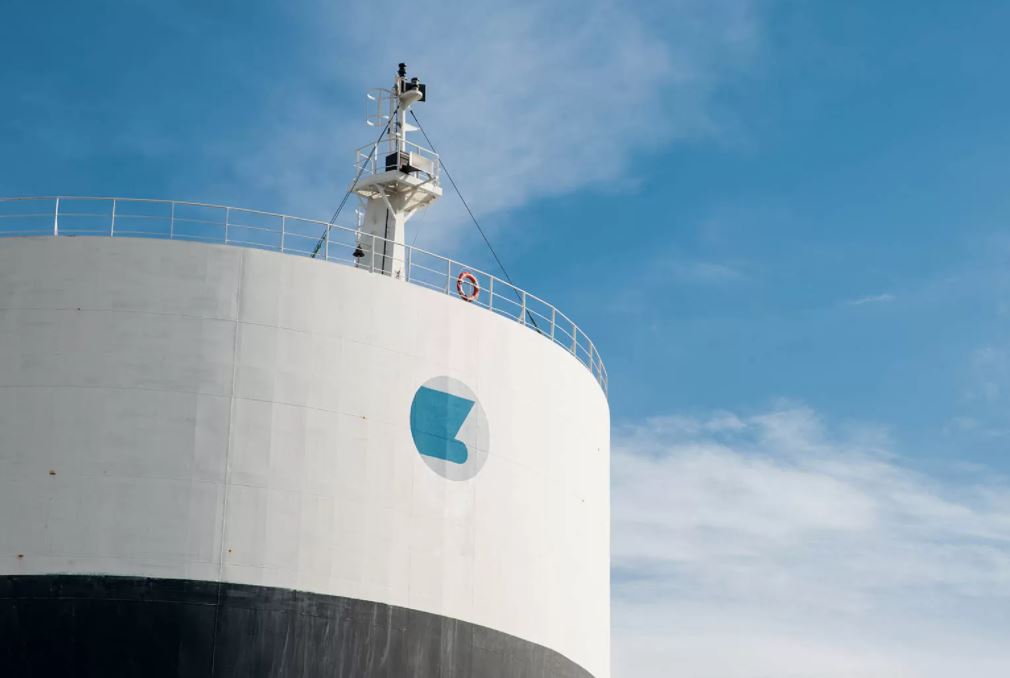Idan Ofer’s Eastern Pacific Shipping plans to add ammonia-powered vessels to its huge fleet of dual-fueled ships, as part of a deal signed on Monday in Greece.
Singapore-based EPS said it has signed a memorandum of understanding with the Maritime and Port Authority of Singapore, South Korea’s Hyundai Heavy Industries, and American Bureau of Shipping or ABS.
EPS plans to order one or more ammonia dual-fuel gas carriers at HHI.
Registered under the Singapore flag and classed by ABS, the vessel would be the first to feature MAN Energy Solutions G60 two-stroke dual-fuel ammonia engine, it said.
The memorandum states the dual-fuel ammonia tanker could be a midsize gas carrier, large gas carrier, or very large gas carrier.
EPS could take delivery of the vessel(s) as early as 2025.
Ammonia as fuel shows “great promise”
The use of ammonia as an alternative marine fuel shows “great promise” as it eliminates carbon dioxide emissions, which make up the vast majority of overall greenhouse gas emissions, EPS said.
However, there is no engine commercially available in the market today that can use ammonia as a marine fuel.
Ammonia-ready vessels currently on order will be able to switch from other alternative marine fuels but will still require a major engine retrofit once ammonia engines become commercially accessible.
“Today’s announcement showcases that a willingness to invest in and develop various emission-lowering alternative marine fuels, like ammonia, is required to create pathways for wide-scale adoption,” EPS said.
The memorandum also demonstrates that various like-minded partner organizations need to make a commitment to accelerate decarbonization efforts, it said.
“The next logical step for EPS”
EPS CEO Cyril Ducau said the company believes that the industry would need to rely on multiple solutions to steadily lower and eventually eliminate emissions.
“That’s why it is critical for us to constantly invest and develop various alternative marine fuels in order to offer the right solution to the right segment at the right time,” he said.
“The use of ammonia as a marine fuel is the next logical step for EPS and the industry,” Ducau said.
EPS is one of the biggest backers of LNG-powered vessels in the world and the company’s dual-fuel fleet includes containerships, car carriers, bulkers, and oil tankers.
The firm also has about 38 percent in new LNG shipping firm CoolCo and has recently acquired four LNG carriers.

